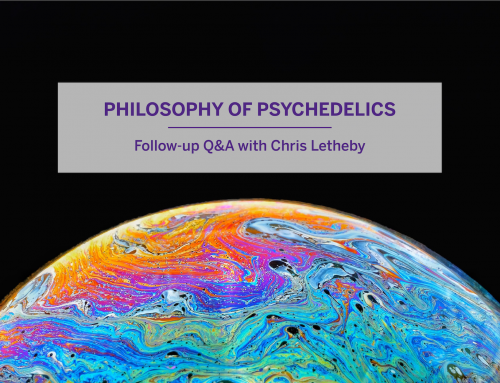Steve Sherwood, of the Climate Change Research Center at the University of New South Wales in Sydney, Australia, provides a thoughtful, if schematic, discussion of historical scientific controversy, linking past polemics to present strife on climate change. Both Copernican heliocentrism and Einstein’s theory of relativity met with opposition from critics that was as much moral-political as it was ‘scientific’—indeed, one thread that can be discerned across all three controversies is that the theories proposed all fundamentally re-arranged our sense of place and importance. From Copernicus we learned the Earth isn’t the very center of the universe; from Einstein that, appearances aside, there is no absolute sense of the ‘space’ or ‘time’ wherein we dwell; and from climate science, the rather humbling lesson that the planet over which we often claim dominion could quite easily turn against us.
Indeed, at this level, the similarity between Copernicus and climate change is somewhat astounding: even at a distance of some 469 years, the basic problem seems to be that in the conflict between how the world should be and how it actually is, we prefer the reassuring normative. This ‘should,’ of course, reflects a certain anthropocentric bias: we are no mere accident of history, no fragile biochemical ephemera alighting on the one vanishing sprig before blinking to cosmic annihilation. The Earth is made for us; the stars spin for us; how could it not be so? The alternative is too much to bear!
Opponents of climate science, as the opponents of heliocentrism or general relativity of old, do not conceive of their opposition to these theories in such terms, of course. They rather depict mainstream scientists as engaged in a deliberate and vast conspiracy, or deluge the public with a variety of spurious but scientific-sounding counter-argument. As Sherwood writes,
Greenhouse warming today faces an even greater array of bogus counterarguments based on the uninformed interpretation of data from ice cores, erroneous views about natural carbon sources, alleged but unobserved alternative d
rivers of climate change, naive expectations of the time scales over which models and observations should match, and various forms of statistical chicanery and logical fallacy. Many of the arguments sound reasonable to an inexpert but intelligent layperson. Critics use the alleged flaws to attempt to discredit the entire field. Debates between mainstream scientists and silver-tongued opponents cannot be won by the side of truth no matter how obvious the fallacies may be to an expert. Incredibly, as recently as the mid-19th century, a highly charismatic figure calling himself “Parallax” devoted two decades of his life to crisscrossing England arguing that Earth was flat. He debated legitimate astronomers—sometimes teams of them—in town-hall-type settings and wowed audiences. For similar reasons, Einstein himself gave up debating his critics early in the 1920s.
Scientific confirmation is often a question of subtle and counter-intuitive detail, whereby a greater amount of experimental observation is accounted for with fewer ad hoc assumptions. It is a complicated and dry affair ill-suited to popular exposition—it takes a certain and rare form of pedagogical genius to do this—which is why creationists, global warming skeptics, and other science-deniers can criss-cross the country spreading meretricious falsehood that ‘seems right’ to the laity. No fault of theirs, either: sophisticated anti-science ‘debaters’ are the ones who are engaged in pernicious duplicity, and, in amazement at their outrageous abuse of primary sources, one wonders the extent of their self-knowledge.
Against these forces Sherwood offers little advice: while better public communication is certainly a good, I note that the underlying social conditions required for a receptive public—a public with, as I’ve written previous, a ‘will to truth’, a will to not engage in self-deception—must be created and nurtured. And this is a heady and complex issue to return to. For now, while it is likely true that generational shift—as Kuhn argued—plays an important role here, the question is whether we have time to wait.





